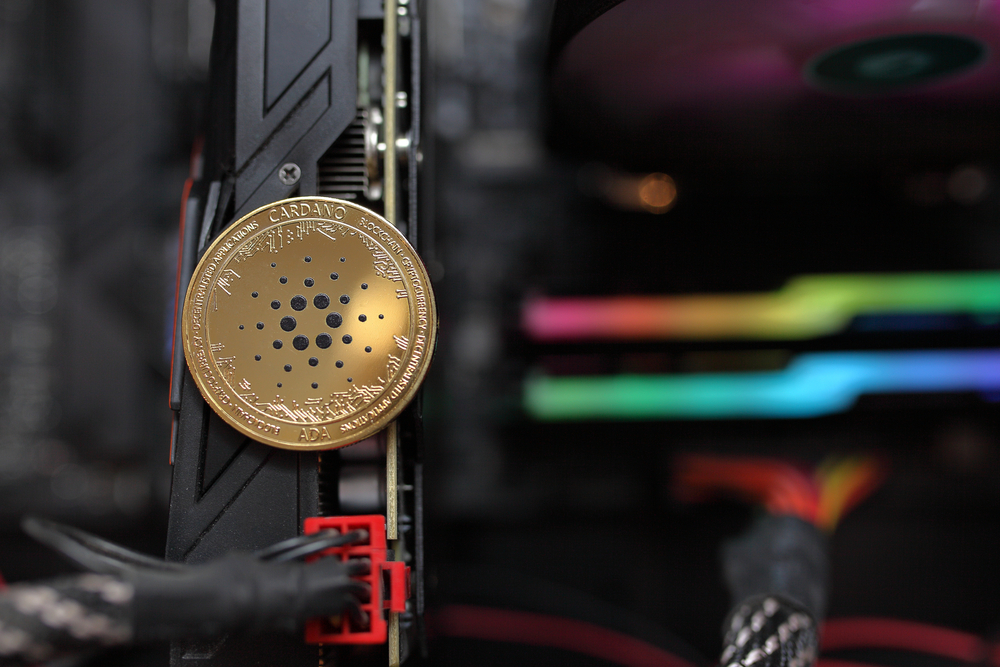The hits just keep on coming for Cardano (ADA), as Charles Hoskinson’s project looks poised to continue its momentum shortly after reaching a new ATH. As such, dcSpark recently made it known that it shall be forming the first-ever sidechain on Cardano’s behalf in an attempt to lure in even more developers and users so as to allow the sidechain to interact with all of the other blockchains.
Milkomeda protocol
dcSpark is a DLT company (product-based) that has intentions of developing the aforementioned first sidechain project to run on Cardano, with plans of making it fully compatible with Ethereum Virtual Machine (EVM) and will additionally run on wrapped ADA(wADA).
As such, the Milkomeda protocol shall be the first one to be launched on to Cardano, followed by subsequent launches on various other Ethereum Virtual Machines too before long. For Cardano specifically, Milkomeda shall allow the sidechains that are directly linked to the mainchain to be launched and wADA is expected to be utilized as payment regarding transaction fees.
Simply put, Milkomeda plans to potentially fix the problem pertaining to the newest blockchain generation (which involves the likes of Solana, Polkadot, and Cardano itself) centred around not having a strong and reliable developer community and also for the purposes of general adoption. This is crucial as Ethereum (ETH), Cardano’s main rival, has had such a function for a while now.
Executable smart contracts
The Cardano devs and community are hopeful that dcSpark’s new ecosystems will be able to attract more developers who can contribute to the creation of the wrapped smart contracts to be used by Milkomeda along with the numerous sidechains that are going to be constructed in the future.
In this way, Milkomeda will be able to grant Cardano users the ability to execute smart contracts (while still on the mainnet) on the sidechain. What is even more impressive is that this execution can take place without the need to change wallets, as well as even understanding all of the complex and technical details.
Moreover, Cardano stands to benefit from all this as Milkomeda shall additionally bring the previously mentioned EVM compatibility, which is something that has, in fact, been a part of Cardano’s respective roadmap. With this in mind, wrapped ADA shall be used as the base asset. Milkomeda’s validators will also be selected from the current pool of operators. Cardano enthusiasts are optimistic that once similar sidechains have been adequately developed for various other layer-1 blockchains like Solana (SOL), the platforms will thus be allowed to interact in a seamless fashion.
